
Quest for orthologs 2024
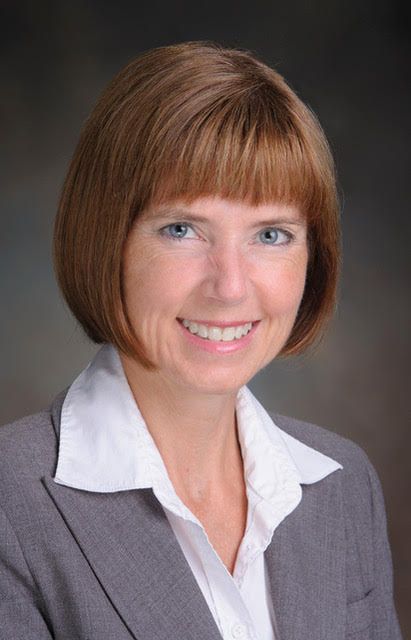
Fiona S. L. Brinkman
Professor, Simon Fraser University, Canada
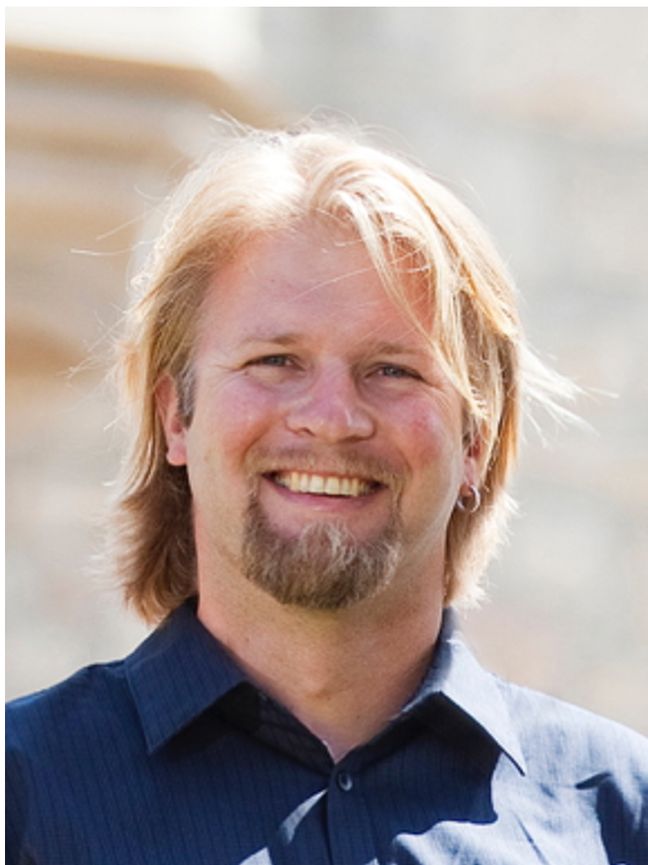
Markus Hecker
Professor and Canada Research Chair in Predictive Toxicology, University of Saskatchewan, Toxicology Centre and School of the Environment & Sustainability
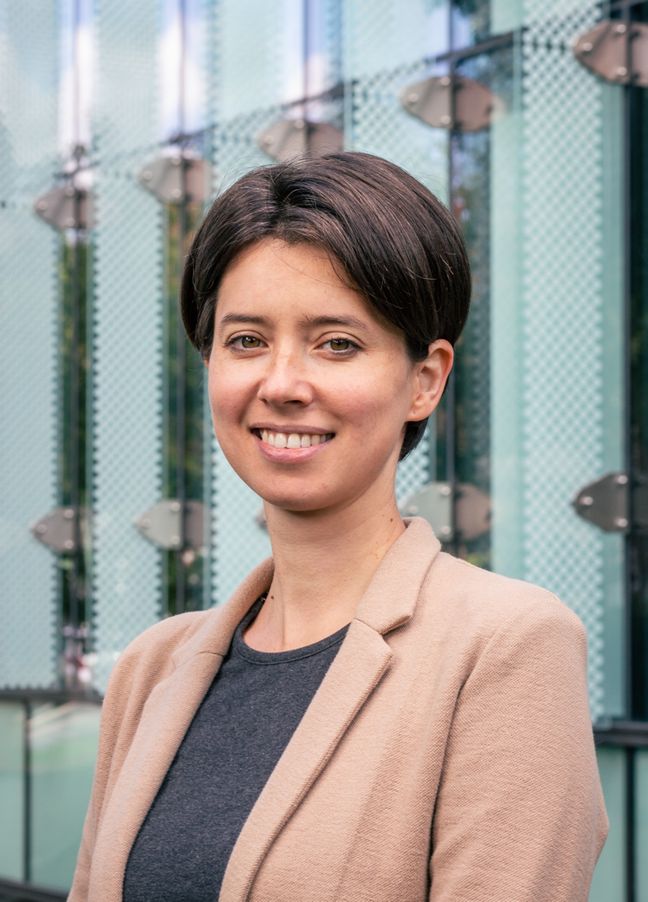
Elena Kuzmin
Assistant Professor, Department of Biology, Canada Research Chair Tier 2 in Synthetic and Functional Genomics, Centres for Applied Synthetic Biology & Structural and Functional Genomics, Concordia University & Adjunct Professor, Department of Human Genetics, Rosalind and Morris Goodman Cancer Institute, McGill University
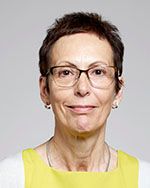
Christine Orengo
Professor of Bioinformatics, Structural & Molecular Biology, Div of Biosciences, University College London
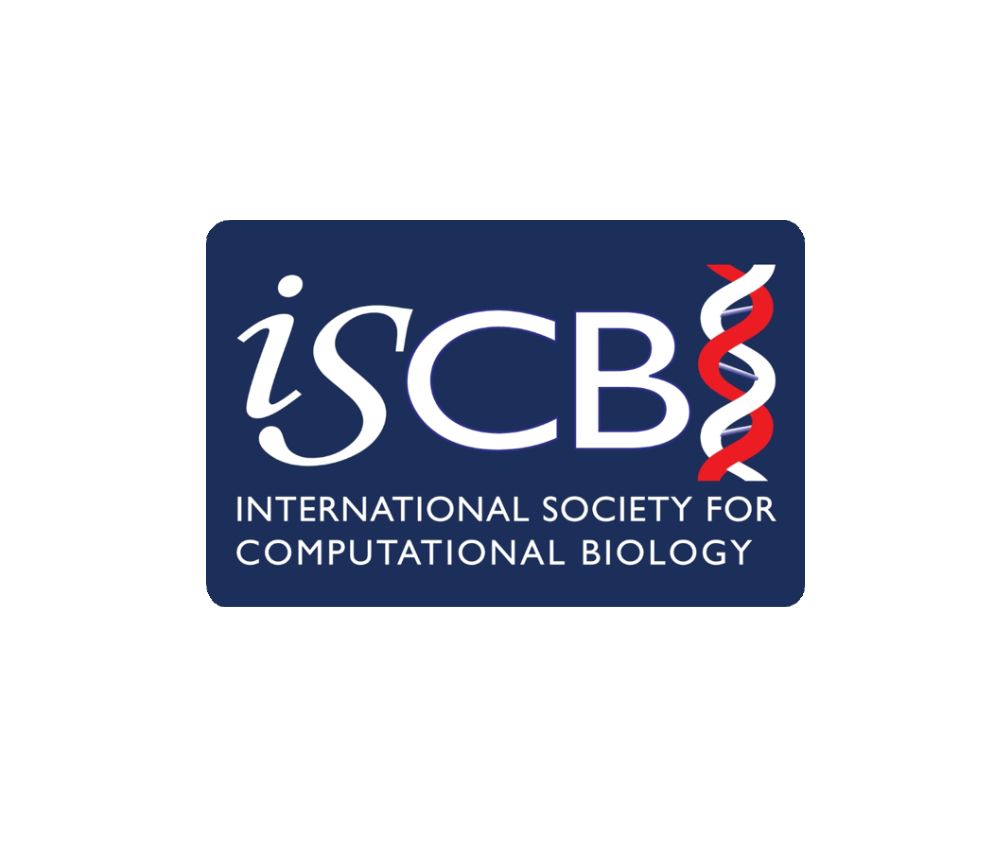
Location
Université du Québec à Montréal
Montreal Canada
Dates
Registration period:
February 28, 2024 - 13:00 EST - July 17, 2024 - 23:59 EDT
Submission period:
January 24, 2024 - 08:00 EST - July 7, 2024 - 23:59 EDT
Contact us
If you have any questions, please contact qfo8team@gmail.com